Nazrul Utsav 2025 opens with a message of unity and resilience
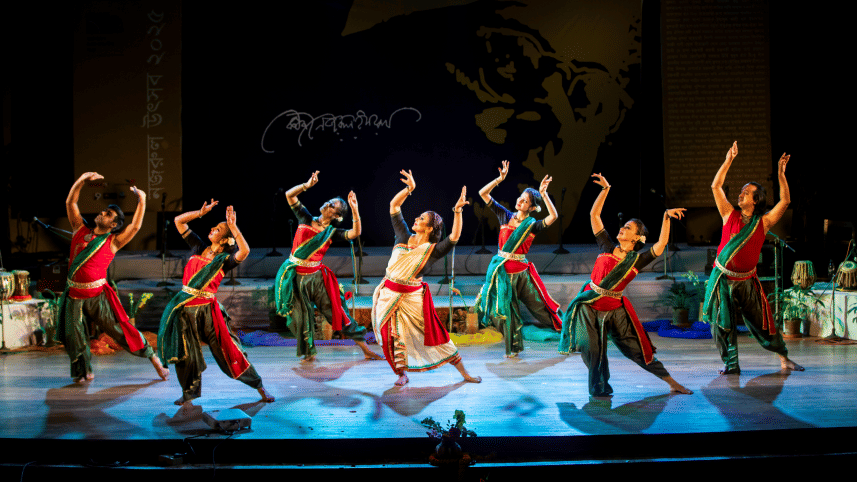
The much-anticipated annual Nazrul Utsav 2025 kicked off yesterday, celebrating the philosophies of Kazi Nazrul Islam, the national poet whose works embody a powerful message of secularism, humanity, and unity. The two-day festival, organised by the Bangladesh Nazrul Sangeet Songstha (BNSS) at the Chhayanaut premises, is scheduled to run from 5pm to 9:30pm, featuring performances by over 100 artistes from Bangladesh.
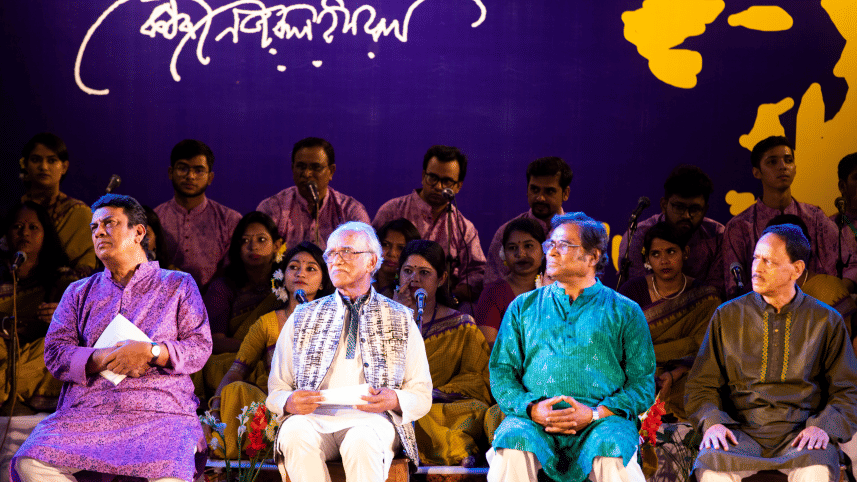
Khairul Anam Shakil, a celebrated Nazrul Sangeet exponent and the general secretary of BNSS, commenced the inaugural ceremony yesterday by speaking about the festival. He underscored the importance of cultural expression in building identity. "Kazi Nazrul Islam's vision of a non-communal, secular society remains relevant today. This festival is not just a celebration, it's a reminder of the humane, inclusive values Nazrul stood for — and they remain essential for the future of this country."
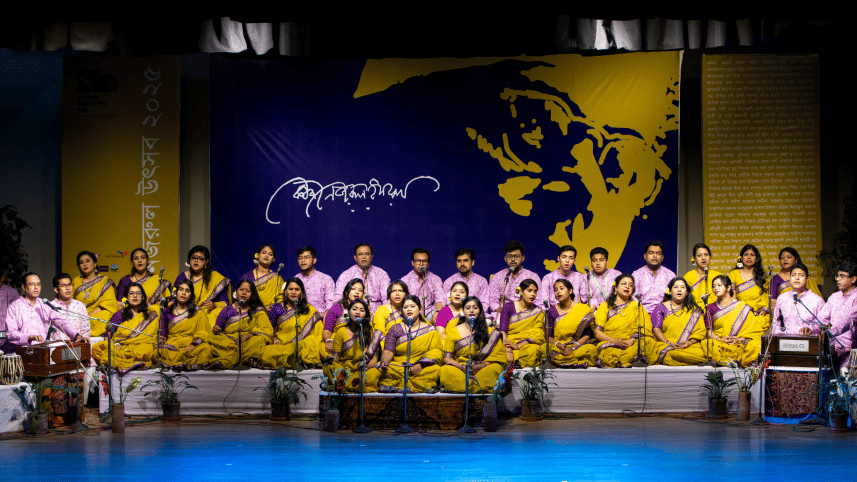
Yakub Ali Khan, another leading Nazrul Sangeet teacher and president of the organisation, voiced concerns about the cultural environment in Bangladesh, noting that political stability is essential to safeguard the arts and cultural practices. "We didn't face challenges arranging this event, but the cultural climate makes us wary. This is our way of pushing back against moral degradation and injustice, following in Nazrul's footsteps."
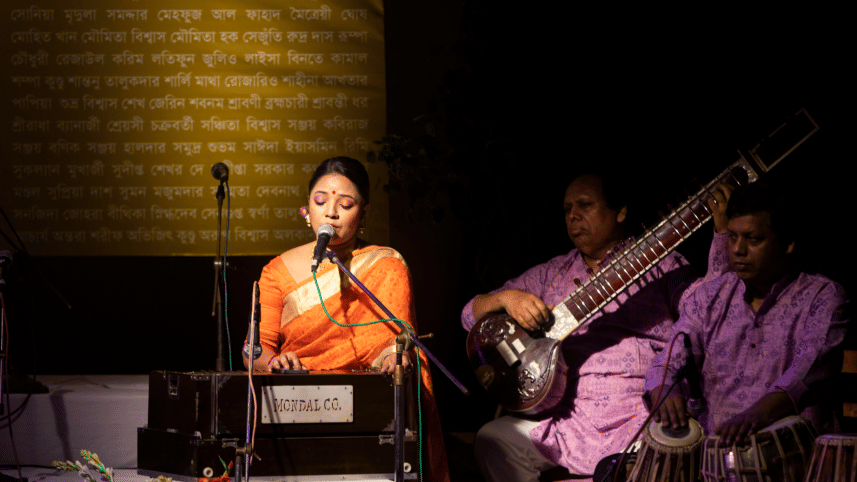
This year's festival arrives at a critical moment for Bangladesh. Mofidul Haque, laureate, researcher, and adviser of the Nazrul Sangeet Songstha, reflected on how Nazrul's message of resilience during times of conflict is relevant now more than ever. "Nazrul lived in a turbulent time, and his commitment to humanity and resisting oppression speaks to the challenges we face today. His works remind us of the strength in unity."
Nazrul often hailed as the "Rebel Poet", fought against colonial rule, religious bigotry, and social injustice. His vision of a united Bengali identity transcended communal divisions, and his work remains a cornerstone of Bangladesh's cultural and intellectual heritage.

In addition to this year's festival, the Nazrul Sangeet Songstha launched its official website, offering 125 original compositions performed by renowned and emerging artistes. These recordings are now freely available to the public, reaffirming Nazrul's lasting influence on South Asia's cultural tapestry.
However, concerns over the event's arrangement surfaced, with Kolpona Anam, coordinator of the Nazrul Utsav Committee, voicing her reservations.
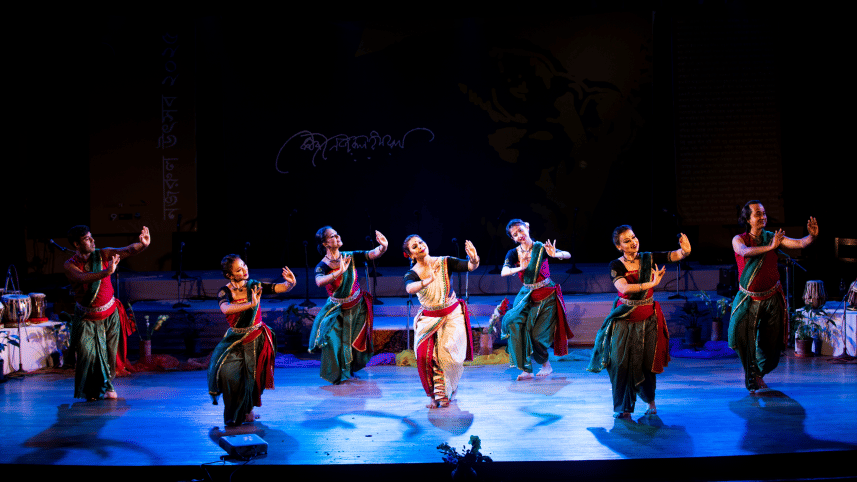
"Nazrul's free spirit deserves to be celebrated under an open sky, with a large stage and Nazrul enthusiasts gathered around to fully experience the magic of his work," she remarked. "But, given the current political and law-and-order situation, we had to move indoors this year. Even as the event unfolds, there is a lingering fear that extremists could disrupt our cultural practices. It's a frightening reality, but we will continue to resist the only way we know how—through our songs, poetry, and unwavering commitment to cultural expression."
Today, as artistes perform Nazrul's verses like "Dao Shorjo Dao Dhorjo" and "Joy Hok", along with Warda Rihab and her team performing the nrityalekhkha "Jago Jatirmoy", the message is clear: Bangladesh's cultural strength lies in its diversity and inclusivity.




 For all latest news, follow The Daily Star's Google News channel.
For all latest news, follow The Daily Star's Google News channel. 
Comments